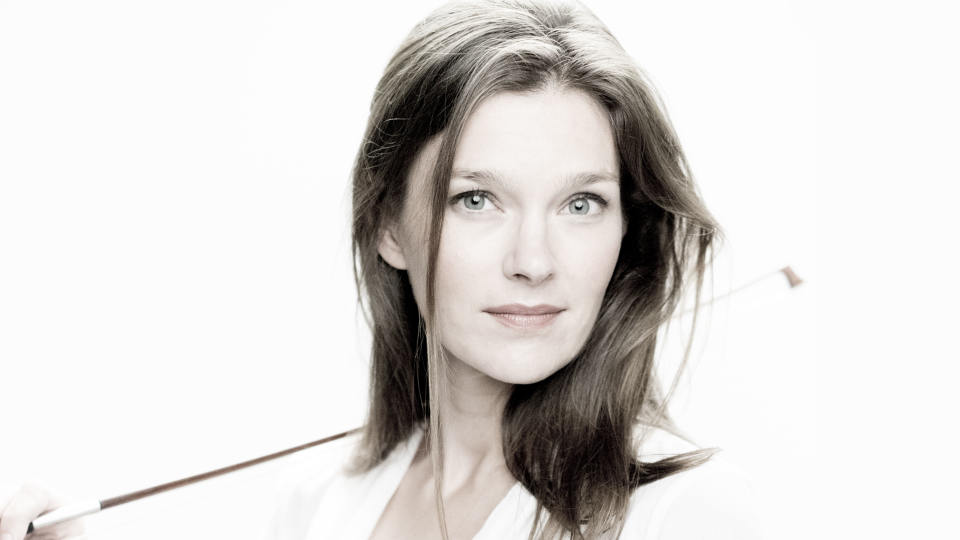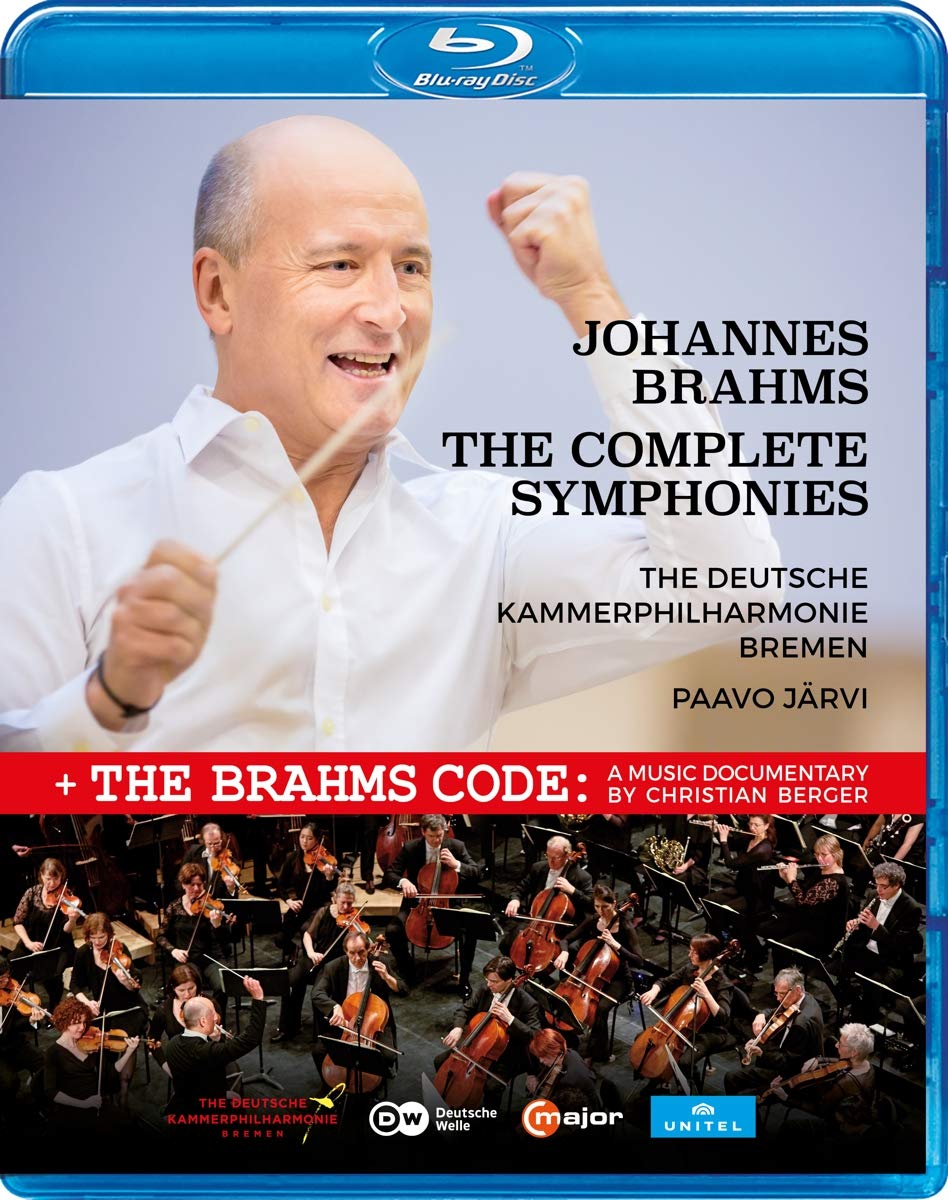“Radiant modesty” – Live Broadcast with the Berlin Philharmonic on 12 Oct 2019, 19:00 (CET)
The New York Times attests that the violinist Janine Jansen has “a kind of radiant modesty”, and indeed: even in moments of utmost virtuosity, her performances captivate with introspection and substance. This ability is particularly well demonstrated in Tchaikovsky’s Violin Concerto, which, despite its fast yet expressive tempos, is always interspersed with subtle nuances. To bring the concert to a close, Paavo Järvi conducts Robert Schumann’s sonorous and exuberant Rhenish Symphony.
“THE BRAHMS CODE”
The Brahms interpretations of Paavo Järvi and the Deutsche Kammerphilharmonie Bremen have been receiving the highest public and critical acclaim. “A Brahms revelation“ was the headline in The New Yorker, for DIE ZEIT it’s „a reference recording“ and the Hamburger Abendblatt wrote “the greatest experts on Brahms come from Bremen“. The Deutsche Kammerphilharmonie Bremen perform Brahms nowadays exactly to the size that the composer himself was accustomed to at the time. This interpretation puts Brahms’ symphonies in a new light, which is revealed in a new documentary from the point of view of the musicians.
It’s the third music documentary in which Deutsche Welle film director Christian Berger accompanies the working process of the Deutsche Kammerphilharmonie Bremen and Paavo Järvi. In the earlier films The Beethoven Project of 2010 and Schumann at Pier 2 (2012), the film crew and the artists developed a level of mutual trust and familiarity that made the new Brahms film possible.
“Although eight years have passed since the first film,” says Christian Berger, “this orchestra was special and has remained so. The first film was a portrait of the orchestra and the conductor. In the second, we concentrated on Schumann’s symphonies and elaborately staged the music itself — essentially organizing a whole concert for the film production. The Brahms film is both, presenting the musicians and the conductor as partners in dialogue and moving seamlessly from there to the concert recordings in Paris.
The complete Brahms Symphony cycle and documentary are available as a DVD to purchase, distributed by C major / Unitel The documentary will be broadcast on Deutsche Welle multiple times between 11 and 21 October

